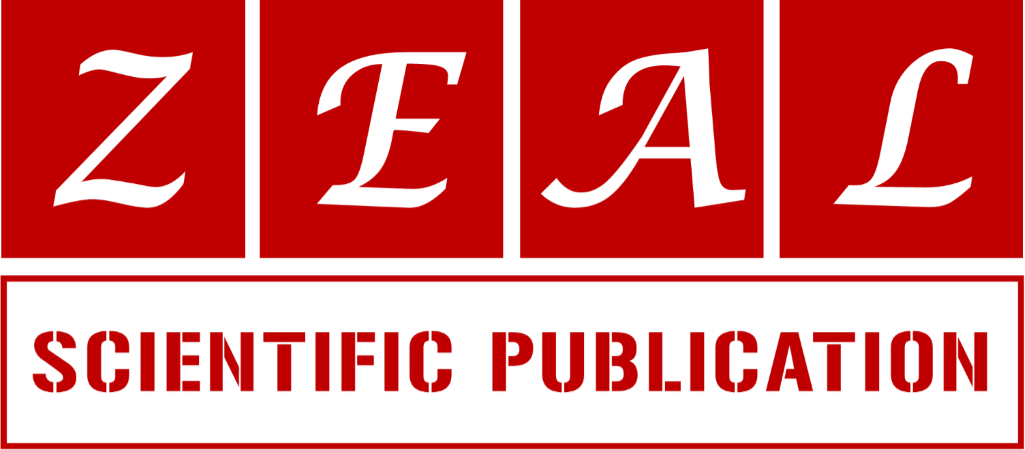Phytoremediation of perfluorochemicals in Abuja municipal area, Nigeria: A comprehensive exploration of progress, viability, and, constraints
1 Department of Veterinary Public Health and Preventive Medicine, University of Abuja, Nigeria.
2 Department of Microbiology, Faculty of Science, University of Abuja, Nigeria.
Review
World Journal of Advanced Pharmaceutical and Life Sciences, 2024, 06(01), 039–046.
Article DOI: 10.53346/wjapls.2024.6.1.0023
Publication history:
Received on 15 December 2023; revised on 22 March 2024; accepted on 25 March 2024
Abstract:
Phytoremediation, utilizing plants to address pollution, especially perfluorochemicals (PFCs), emerges as a cost-effective and eco-friendly solution. Key mechanisms like phytoextraction, rhizofiltration, and phytodegradation are employed for remediating diverse pollutants. While successful globally, PFCs pose unique challenges, requiring tailored strategies. Abuja, Nigeria, facing environmental challenges, can benefit from phytoremediation. Vetiver Grass, Sunflower, Indian Mustard, and Water Hyacinth are selected for their PFC remediation abilities. Essential infrastructure includes contaminant analysis tools, monitoring equipment, greenhouse facilities, and experimental plots. Results indicate varying efficacy among plant species. This study emphasizes the importance of laboratory facilities for in-depth research. Phytoremediation proves valuable for Abuja's environmental concerns.
Keywords:
Phytoremediation; PFCs; Phytoextraction; Rhizofiltration; Abuja; Environmental remediation
Full text article in PDF:
Copyright information:
Copyright © 2024 Author(s) retain the copyright of this article. This article is published under the terms of the Creative Commons Attribution Liscense 4.0
